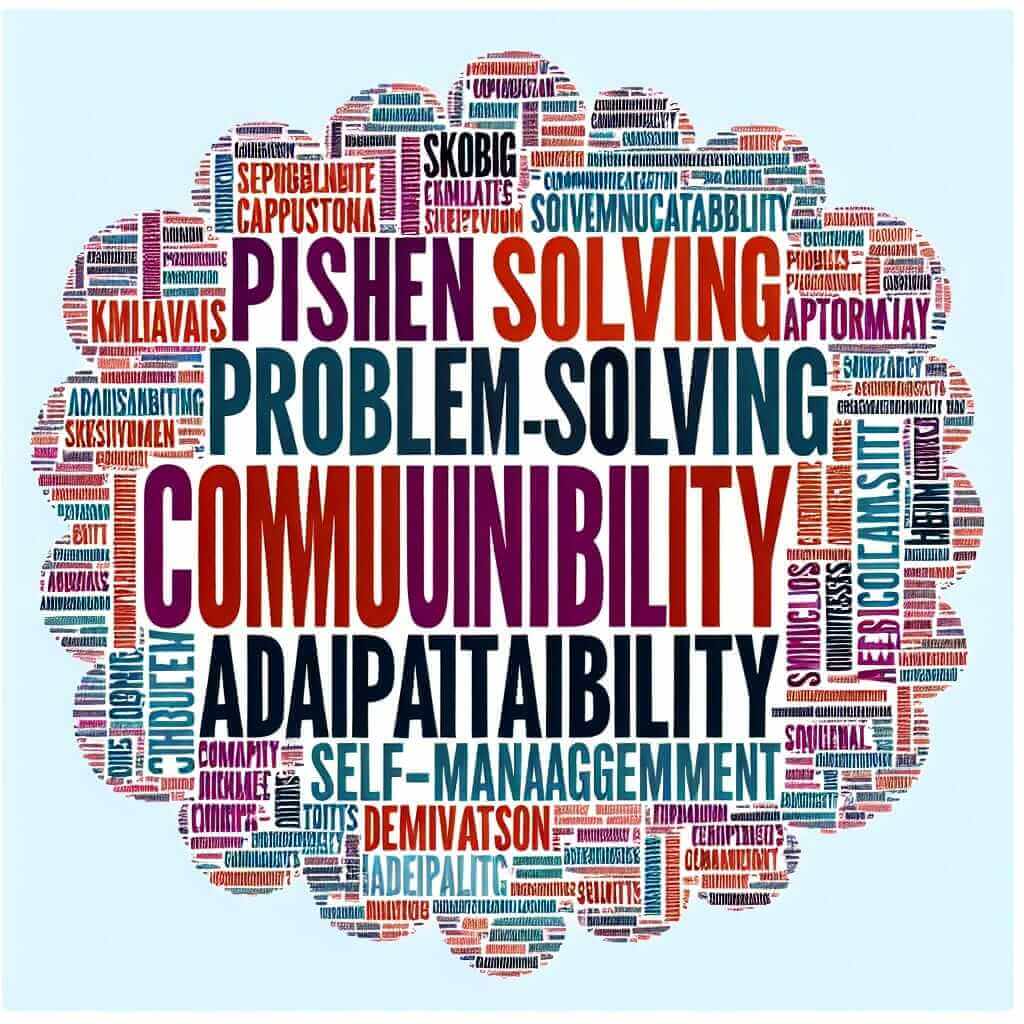As an experienced IELTS instructor with over two decades of experience, I’ve seen countless students grapple with the IELTS Speaking test. One common question that often throws test-takers off guard is: “What are some of the skills that employers are looking for?”. While seemingly straightforward, this question requires a nuanced understanding of current workplace trends and the ability to articulate them effectively. This article will guide you on how to deliver a high-scoring response that impresses the examiner.
Understanding the Question’s Scope
Before we dive into structuring your response, it’s crucial to recognize that this IELTS Speaking question isn’t just about listing generic skills. The examiner is looking for evidence of your:
- Vocabulary range: Can you use a variety of vocabulary related to employment and skills?
- Coherence and fluency: Can you organize your thoughts logically and speak without excessive hesitation?
- Grammatical accuracy: Are you using correct grammar structures?
- Contemporary knowledge: Do you understand the skills valued in today’s job market?
Structuring Your Response for Maximum Impact
A well-structured response is key to achieving a high band score. Here’s a framework to follow:
1. Direct Introduction: Begin by directly addressing the question to demonstrate your understanding.
- “Well, in today’s rapidly evolving job market, employers are seeking a blend of technical and soft skills…”
2. Skill Category 1 (with example): Choose a category of skills and provide a specific example.
- “For instance, problem-solving is highly sought after. Companies need individuals who can think critically and devise effective solutions to challenges. A good example would be a software developer who can quickly identify and fix bugs in a program.”
3. Skill Category 2 (with example): Transition smoothly to a different skill category and provide another concrete example.
- “In addition to technical abilities, communication skills are becoming increasingly vital. Employers value individuals who can clearly articulate their ideas, both verbally and in writing. This could be a marketing professional who can effectively pitch a new product to clients.”
4. Contemporary Insight: Offer a brief observation about current trends influencing employer expectations.
- “Furthermore, with the rise of remote work, adaptability and self-management skills are becoming more important than ever. Employers need individuals who can work independently and manage their time effectively in a virtual environment.”
5. Concise Conclusion: Summarize your main points briefly to signal the end of your response.
- “So, to summarize, employers are searching for individuals who possess a strong combination of technical proficiency, effective communication, and the ability to adapt to the changing demands of the modern workplace.”

Sample Response
“Well, in today’s rapidly evolving job market, employers are seeking a blend of technical and soft skills. For instance, problem-solving is highly sought after. Companies need individuals who can think critically and devise effective solutions to challenges. A good example would be a software developer who can quickly identify and fix bugs in a program. In addition to technical abilities, communication skills are becoming increasingly vital. Employers value individuals who can clearly articulate their ideas, both verbally and in writing. This could be a marketing professional who can effectively pitch a new product to clients. Furthermore, with the rise of remote work, adaptability and self-management skills are becoming more important than ever. Employers need individuals who can work independently and manage their time effectively in a virtual environment. So, to summarize, employers are searching for individuals who possess a strong combination of technical proficiency, effective communication, and the ability to adapt to the changing demands of the modern workplace.”
Additional Tips
- Be specific: Avoid using vague terms like “good communication” and instead opt for more precise language like “active listening” or “persuasive writing.”
- Stay relevant: While it’s good to have a list of skills prepared, ensure your chosen examples align with the examiner’s question and the context of the discussion.
- Use linking words: Phrases like “moreover,” “furthermore,” and “in addition to” help create a smooth flow between your ideas.
- Practice regularly: As with any aspect of the IELTS, practice is crucial. Record yourself answering this question and analyze your performance for areas of improvement.
Remember, the key is to demonstrate your vocabulary, fluency, and ability to engage in a natural conversation. By following this structured approach and incorporating relevant examples, you’ll be well on your way to achieving a high band score on your IELTS Speaking test.